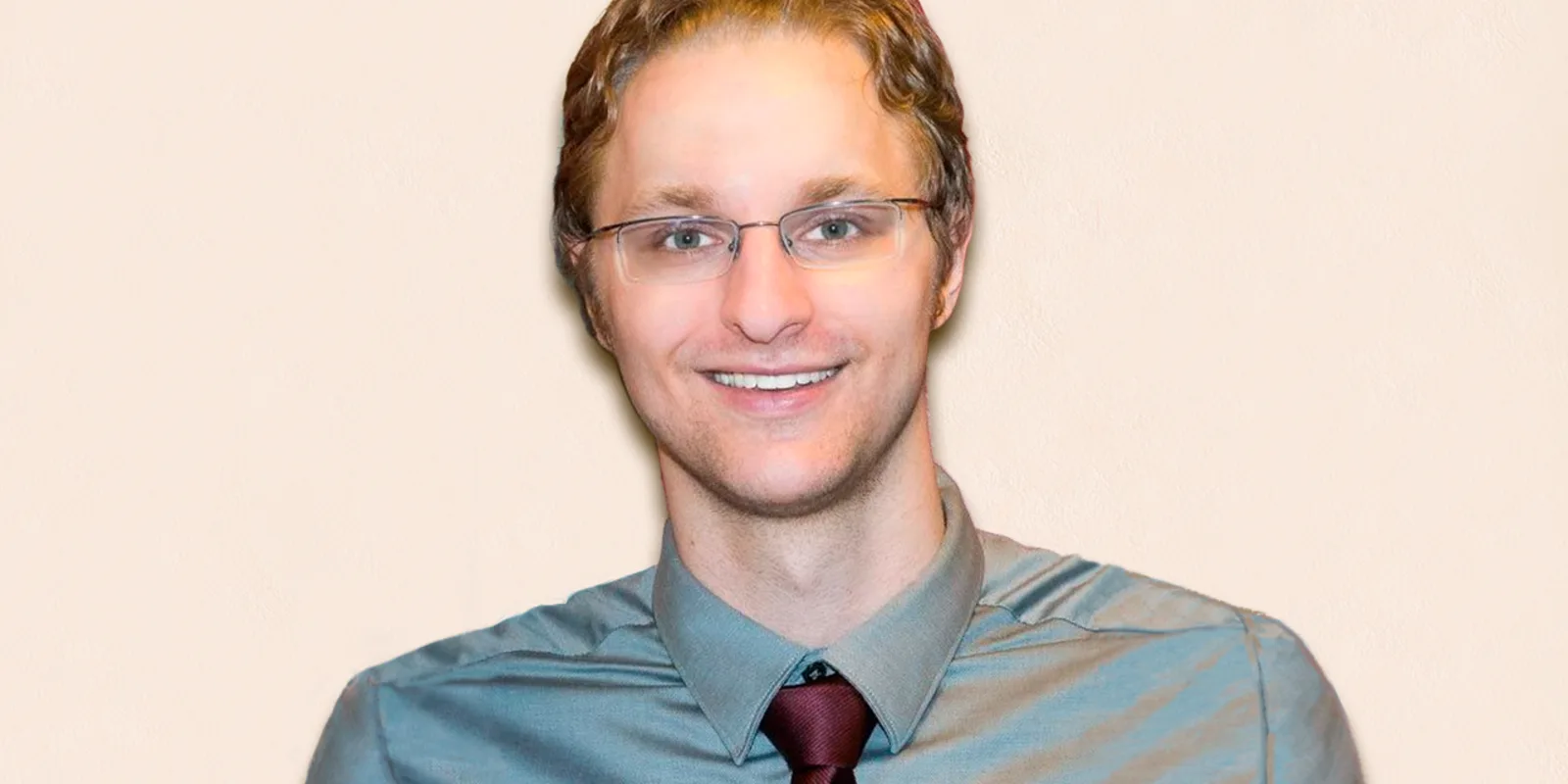
Name: Weston Bettner, MD
Specialty: Gastroenterology
Education: University of Pittsburgh Medical Center, Johns Hopkins University, Temple University School of Medicine
Areas of Expertise: Gastroenterology
Current Position: Gastroenterology Fellow
1. Why did you choose gastroenterology?
The short answer — because it’s fun. The more nuanced answer — because of the variety and the sense of efficacy. Gastroenterology is akin to an all-you-can-eat buffet (replete with really good selections). It provides a smattering of oncology, immunology, infectious disease, and minimally invasive surgery. Practitioners can save lives (i.e. by stopping a bleed, resolving a biliary infection, or diagnosing a cancer) and improve the quality of lives (i.e. by ameliorating Crohn’s disease / ulcerative colitis). Also it doesn’t hurt that I am nearly anosmic, a feature which comes in handy.
2. What area of gastroenterology is changing most rapidly?
Endoscopic technology is constantly evolving. With endoscopic improvements, a wave of ‘newer’ endoscopic interventions have been ushered in (i.e. peroral endoscopic myotomy, endoscopic gastric plication) and ‘older’’ endoscopic interventions have been overhauled (i.e. colonoscopy with chromoendoscopy or narrow-band imaging).
3. What is the last journal article or piece of research that significantly changed your practice?
In 2015, the American College of Gastroenterology released new Barrett’s esophagus guidelines entitled, “ACG Clinical Guideline: Diagnosis and Management of Barrett’s Esophagus.” These guidelines have expanded the role of endoscopic mucosal resection and have attenuated the frequency of surveillance endoscopy in patients with nondysplastic Barrett’s esophagus.
4. What are your research interests?
Currently, my research focus is in inflammatory bowel disease (IBD). More specifically, I am studying the dysplasia rates occurring in diverted bowel segments of IBD cohorts.
5. Outside of your daily practice, do you have any personal or professional projects that you’re passionate about?
I am particularly interested in medical journalism and the manner by which “health information” is disseminated. Having served briefly with the ABC Medical Unit, I got to see first hand how “the sausage is made” (which is a fascinating process). Now, in my spare time, I find myself acting in a watchdog capacity, confronting misleading online health news (for one of my more organized tirades, read “Online News: Navigating a Sea of Alternative Facts”).
6. Who are your mentors?
In terms of espousing life lessons, my father has been and will always be my mentor (I am in many respects a clone of him). From an academic standpoint, as a newly minted gastroenterology fellow, I am currently in the process of establishing a new research mentor.
7. What’s the best advice you’ve ever received?
Professional advice: When it came time to pursue gastroenterology fellowship, I was advised to prioritize my relationship with my wife, which meant applying to a single geographic location (a dangerous prospect for gastroenterology fellows). Having spent residency away from my wife, I am certainly much happier now.
Life advice: “You’d worry less about what people think about you if you knew how seldom they do.” -David Foster Wallace
8. What has been your most gratifying moment of being a clinician?
As an internal medicine resident, I practiced primary care in an underserved community clinic. At the end of my residency, I received an email informing me that one of my patients made a substantial donation in my honor. I was truly humbled by this gesture.
9. How do you motivate patients to do what’s best for their health?
To motivate patients, it’s important to understand their priorities and aspirations. Time permitting, I utilize motivational interviewing.
10. What is the biggest challenge or obstacle in gastroenterology?
As is true in many specialties, the greatest obstacle in gastroenterology is time. Efforts made to maximize efficiency (i.e. the number of endoscopic cases per day) often come at the expense of patient-doctor interactions both before and following a procedure.
11. What are your favorite Doximity features and how have they helped your productivity (Dialer, DocNews, Career Navigator, e-Fax, etc.)?
Doximity Dialer is a useful tool. Many patients will not answer the phone for ‘restricted numbers.’ The Doximity Dialer allows this to be circumvented.




